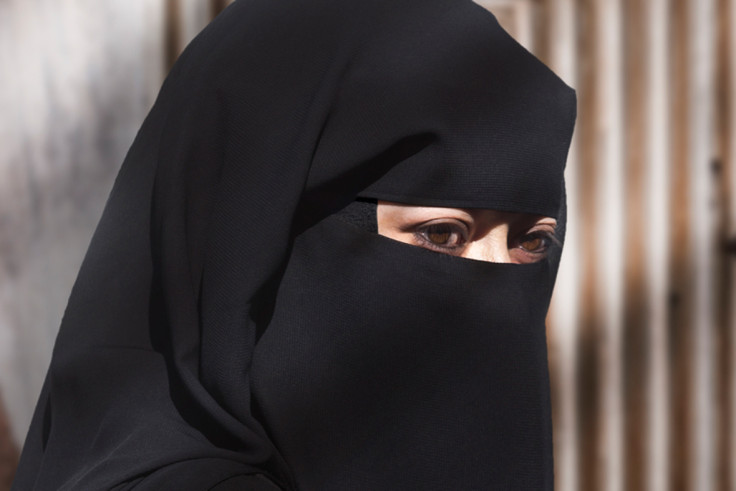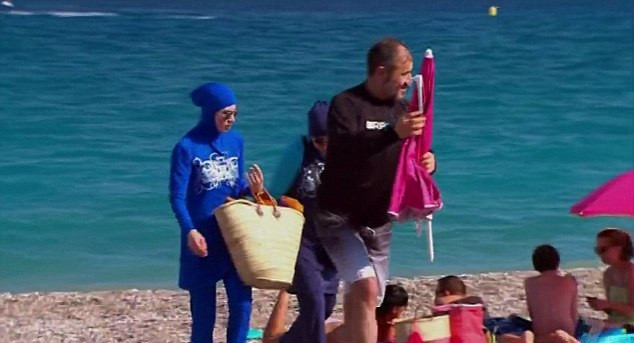5 European countries that have banned the burqa or niqab
Women are prohibited from wearing the Islamic face veil in public in these countries.

German lawmakers proposed a law on 22 February to prohibit women from wearing full-face veils in public institutions. The Bavarian government introduced a bill to ban the burqa, which covers the entire face and body, and niqab, a veil which covers the face except for the eyes, in schools, universities, polling stations and government offices.
Germany is not the only country to introduce legislation forbidding the Islamic veil. In several other European countries the full face veil has been banned.
Here are five European countries where women are not allowed to wear a burqa or niqab in public places:
France
France became the first country to introduce a ban on wearing the full face veil in public places. The bill was passed in 2011 by President Nicolas Sarkozy who said Islamic veils oppress women and were "not welcome" in France.
The law prohibits any woman from wearing a niqab in public, including while walking down the street, taking public transport or visiting the cinema. Women who do not follow this rule will be fined €150 (£188) and may be asked to attend a citizenship class where they are taught about France's secular values.
In 2016 several towns in southeast France introduced a "burkini ban" after the terror attack in Nice. The ban was overturned after France's top administrative court ruled that the concerns of future terror attacks were "insufficient grounds to legally justify the contested ban".

Belgium
Belgium followed its neighbour in banning the burqa and niqab in public areas in 2011. The law forbids any clothing that obscures the wearer's identity in public places such as on the street or in a park. An attempt to overturn the ban in 2012 was overruled by Belgium's Constitutional Court after judges concluded that the law did not violate human rights.
Bulgaria
Following a rise in terror attacks across Europe, the Bulgarian government introduced a ban on full face veils. The law was proposed by the nationalist Patriotic Front coalition, whose co-leader Krasimir Karakachanov argued that the ban was necessary for security reasons. "The burqa is more a uniform than a religious symbol," he said.
The Netherlands
In November 2016, Dutch MPs approved a law prohibiting women from wearing the Islamic veil in some public places, such as hospitals and schools. The ban also included other face coverings such as ski-masks and helmets. Prime Minister Mark Rutte has called for a total ban in the run-up to the Dutch elections. He claims the ban "does not have any religious background", but critics argue that he is trying to win over far-right voters. The leader of the far-right Freedom Party Geert Wilders has previously called for a tax on headscarves.
Switzerland
A majority of the Swiss electorate in the Italian-speaking Ticino region voted in favour of a burqa ban in public areas in 2013. The ban applies to both nationals and tourists visiting the country. Walter Wobmann, a politician leading the campaign, said the law was introduced to "maintain public order and respect for the dignity of women." Any woman wearing a burqa in Ticino can be fined up to €9,200.
© Copyright IBTimes 2025. All rights reserved.






















